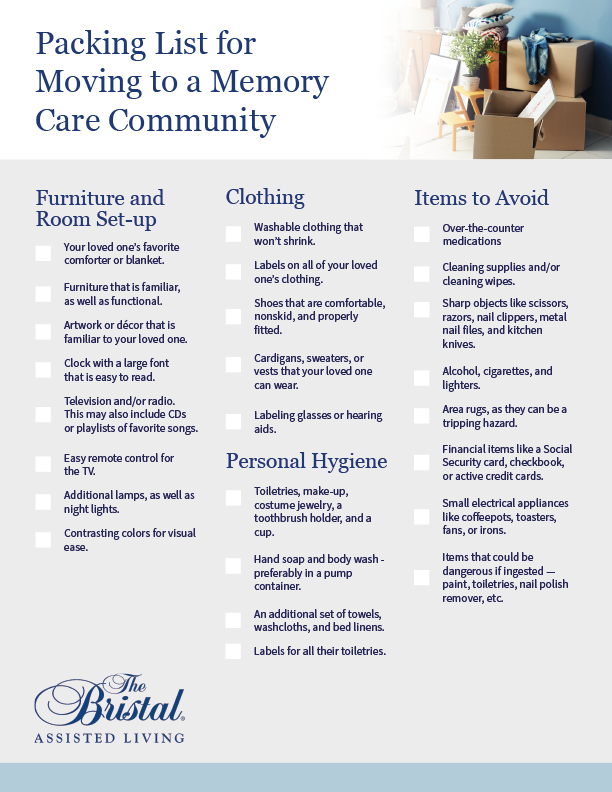Specialist Tips for Providing Quality Alzheimer's Care at Home
Caring for a specific with Alzheimer's condition at home presents special difficulties that need both understanding and strategic preparation. As we explore these professional ideas better, it becomes clear that a thoughtful method can considerably influence the top quality of life for both the caregiver and the individual getting care.
Understand Alzheimer's Illness
Alzheimer's illness, a dynamic neurodegenerative condition, profoundly impacts cognitive function and day-to-day living tasks. It mostly impacts memory, assuming, and habits, leading to a steady decline in the abilities needed for independent living. Early signs usually consist of lapse of memory, difficulty in analytic, and difficulties in completing familiar tasks. As the disease advances, people may experience disorientation to time and place, impaired judgment, and adjustments in state of mind and character.
The etiology of Alzheimer's is complex, entailing the buildup of amyloid plaques and tau tangles in the mind, which interrupt neuronal interaction and lead to cell death. Risk elements include age, genes, and way of living choices, with the majority of situations taking place in individuals over 65. Understanding of these facets is vital for caretakers, as understanding the problem can help with far better assistance and care techniques.
In addition, Alzheimer's illness not just influences the specific however also has substantial emotional and logistical implications for family members. Acknowledging the phases of the disease permits caretakers to anticipate difficulties and adapt their method, making sure that the demands of those affected are met concern and understanding. This fundamental knowledge is necessary for advertising high quality care in your home.
Develop a Routine
Developing an organized daily regimen can dramatically improve the high quality of life for individuals coping with Alzheimer's condition. Developing consistent patterns aids to minimize confusion and stress and anxiety, offering a complacency and familiarity. An everyday schedule should consist of regular times for dishes, activities, and remainder, which can help individuals expect what to anticipate throughout the day.
Incorporating easy, acquainted jobs right into the regimen can promote a feeling of achievement and independence. Tasks like horticulture, cooking, or perhaps basic house tasks can be valuable. It is necessary to tailor these tasks to the person's interests and abilities, making certain engagement without irritation.
Furthermore, flexibility within the regimen is crucial. While uniformity is necessary, enabling for modifications based upon the person's state of mind or power levels can aid preserve a positive ambience. Urge participation in social interactions, whether via family gos to or area tasks, as these can offer excitement and connection.
Enhance Communication Skills
Efficient communication is important for maintaining significant connections with people living with Alzheimer's disease. As cognitive capacities decrease, conventional conversation may end up being difficult. For that reason, caretakers ought to adapt their interaction approaches to cultivate understanding and connection.

Show genuine interest by maintaining eye contact and nodding to acknowledge their ideas or sensations. Rather, verify their feelings and redirect the conversation gently if needed.
Using aesthetic help, such as images or composed tips, can likewise enhance comprehension. Encourage engagement in tasks that promote conversation, such as thinking back concerning previous events or looking with photo albums.
Develop a Safe Atmosphere
A helpful environment plays a significant duty in the wellness of individuals with Alzheimer's disease. Developing a secure home setting is important to minimize risks and boost the high quality of life for both the specific and their caretakers. Begin by evaluating the home for possible risks. Remove stumbling risks such as loose carpets, electrical cables, and clutter. Ensure that paths are clear and well-lit to stop drops.
Set up safety locks on windows and doors to stop wandering, which is a typical concern in Alzheimer's individuals. In addition, think about making use of non-slip mats in shower rooms and install grab bars for added assistance. Classifying rooms and crucial items can help people browse their surroundings a lot more conveniently.
Emergency get in touches with need to be clearly published near phones, and a clinical sharp system can provide assurance. Take into consideration using childproofing steps for sharp things and harmful compounds. On a regular basis inspect smoke detectors and carbon monoxide gas alarm systems to guarantee they are working. Overall, tailoring the home atmosphere to the special demands of the specific with Alzheimer's not just advertises safety but likewise motivates self-reliance and convenience. read this
Seek Support and Resources
Accessing support and sources is crucial for people and caretakers dealing with the difficulties of Alzheimer's illness. Caregiving can be overwhelming, both physically and emotionally, and it is important for caregivers to look for help to preserve their well-being and provide quality treatment.

In addition, checking out reprieve care alternatives can pay for caretakers much-needed breaks, allowing them to lower and recharge exhaustion. This may browse this site include grown-up day programs or in-home treatment solutions. Financial help programs may likewise be available to assist counter the costs of treatment.

Final Thought
In recap, offering top quality Alzheimer's treatment at home requires a complex method. Comprehending the intricacies of the disease, establishing a structured routine, boosting interaction abilities, creating a safe atmosphere, and looking for assistance from available resources collectively add to enhanced caregiving experiences. Applying these approaches not only fosters a feeling of freedom and success for people with Alzheimer's but likewise relieves caregiver anxiety, inevitably enhancing the lifestyle for both caregivers and those they sustain.
Caring for an individual with Alzheimer's disease at home presents distinct challenges that require both understanding and calculated planning.Additionally, Alzheimer's illness not only affects the individual but also has significant emotional and logistical effects for family members.Developing an organized everyday routine can substantially improve the quality of life for individuals living with Alzheimer's condition.Reliable interaction is vital for preserving meaningful links with people living with Alzheimer's illness. Alzheimers Care Charlotte. Executing these strategies not just promotes a sense of independence and success for people with look at here now Alzheimer's however also alleviates caretaker anxiety, ultimately enhancing the top quality of life for both caregivers and those they support